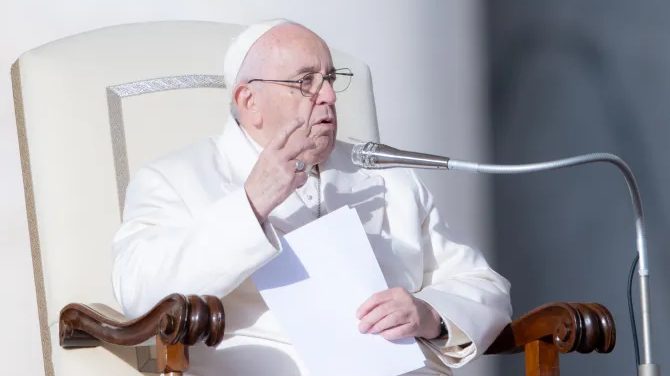Pope Francis issued a decree on Tuesday aimed at improving the financial accountability of funds, foundations, and other legal entities inside the Vatican.
In the future, these entities — also known as juridical persons — will be controlled by the bodies such as the Secretariat for the Economy and not just supervised by their respective institutions.
The motu proprio is complemented by a law covering entities in the Vatican City State. Both were published Dec. 6 and come into force on Dec. 8.
Pope Francis noted in his apostolic letter that foundations and other affected entities “are instrumental in the realization of the ends proper to the curial institutions at the service of the ministry of the Successor of Peter.”
It was therefore necessary, he added, “that they be subject not only to the supervision of the curial institutions from which they depend, but also to the control and surveillance of the economic bodies of the Roman Curia.”
Already existing instrumental juridical persons will have to comply with the provisions of the motu proprio within three months.
The scope of the law is limited, according to Vatican News: It does not extend to “curial institutions and offices of the Roman Curia, institutions connected with the Holy See, the Governorate of Vatican City State, and entities professionally engaged in activities of a financial nature.”
The news follows the announcement on Nov. 30 that Pope Francis has appointed Maximino Caballero Ledo, 62, to lead the Secretariat for the Economy following the resignation of Jesuit Father Juan Antonio Guerrero. The Spanish layman has been secretary general, the second-ranking position, in the economy office since August 2020.
Pope Francis established the Secretariat for Economy in 2014 as part of his financial reform of the Vatican. It oversees the financial aspects of both the Roman Curia and the Vatican City State administration, including a review of financial reports.

